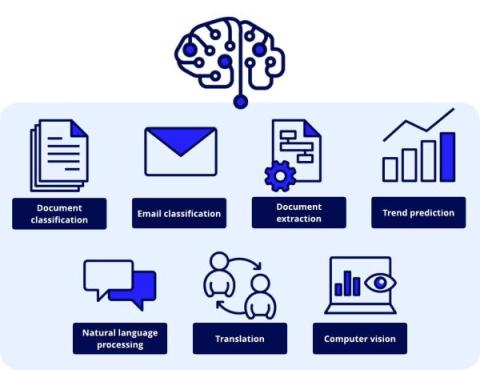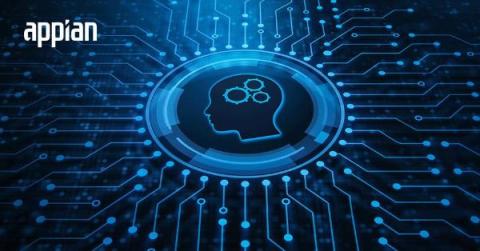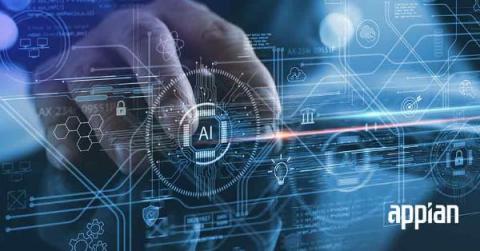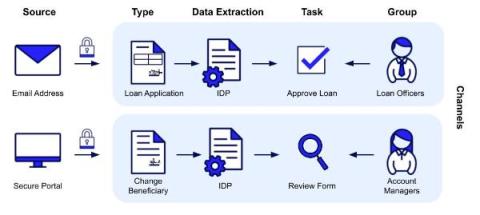Process Automation Strategy: 3 Must-Have Elements of a Complete Plan
We've all been involved in automated processes in companies, governments, or schools that might have made sense in theory—but fell apart when they were rolled out. That’s because automating a process is different from automating a process well. Developing a process automation strategy helps you automate effectively—but only if it includes these three often-overlooked elements.











